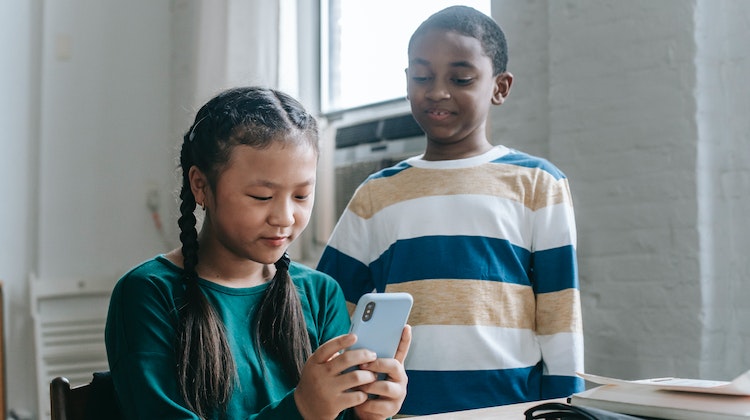
Photo Credit: pexel
When it comes to limiting potential harms to kids from social media platforms, the preferred strategy today is simply to place strict limits on how these social media platforms can be used. In some cases, that might mean limiting their use during certain hours of the day or requiring parental permission to sign up for them in the first place. In other cases, as in the example of TikTok, it might mean banning them outright.
But now comes a completely different point of view. In a recent opinion piece from the New York Times, a well-known expert on children’s relationship with media and technology, says that banning the use of social media for our kids can actually backfire. In her article, Devorah Heitner, author of “Growing Up Public: Coming of Age in a Digital World,” shared a number of alternatives to outright bans on social media that might be more effective. As she sees it, there’s a big role for parents and educators to play when it comes to social media.
Educating kids on the algorithms
First and foremost, says Heitner, we need to do a better job of teaching kids how social media works. Just as we wouldn’t send kids out to drive a car without at first giving them some training, we shouldn’t send kids out on social media without at first giving them some training as well. This might include more details and information on how the social media algorithms work, steps they can take to protect their privacy online, and best social media practices. Back in the day, for example, parents routinely told their kids, “Never talk to strangers.” So why not have a similar version of this rule for the online world as well?
Monitoring vs. mentoring
As Heitner points out, there’s also a big difference between monitoring and mentoring. When you monitor your kids, you’re constantly looking over their shoulders, trying to see if they’re doing something wrong. When you mentor your kids, you’re explaining to them how things work, and why certain behaviors (such as sending personal photos to complete strangers) might be riskier than you think. And you’re showing them that you trust them to do the right thing. That’s important, says Heitner, because studies show that kids who are trusted actually engage in fewer riskier behaviors online.
Being a good role model
Finally, there’s something to be said for parents being good role models. If you, as a parent, are going to bed with your smartphone next to you or texting others during family meals, then you are setting a bad example for your kids. Your children, especially those who are very young, will be under the impression that it’s perfectly OK to finish a meal without even talking to the person across the table from them, or that it’s OK to use Instagram, Snapchat, and TikTok at all hours of the night.
When do we need to ban specific platforms?
Heitner presents a number of very good points, especially those that highlight the role that parents and educators can take. That being said, I’m particularly concerned about certain social media platforms, such as TikTok. The evidence is fairly incontrovertible at this point that TikTok can be used to spy on and track our kids. Moreover, TikTok attempts to get our kids addicted to the app by emphasizing low-value content that will have them spending hours on the app. If you’ve ever seen the “60 Minutes” segment on how “Chinese TikTok” is different from “American TikTok,” this is obvious:
The Chinese recognize how harmful and addictive TikTok can be, so why shouldn’t we? So I’m more than willing to find new ways when it comes to educating kids about social media, but we still need to ban the most addictive and harmful of these platforms if we really want to protect our kids.